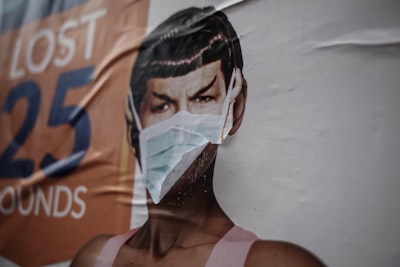Summary
The article highlights a growing crisis in the global response to HIV/AIDS following severe cuts to US foreign aid, particularly the major reduction of funding for PEPFAR—the President’s Emergency Plan for AIDS Relief. Winnie Byanyima, head of UNAids, warns that unless funding is restored, the world could see 6 million more HIV infections and 4 million additional AIDS-related deaths by 2029. These cuts, combined with declining aid from other Western countries and ongoing geopolitical tensions, threaten years of progress, especially in eastern and southern Africa where the epidemic is most severe. Key prevention, treatment, and research activities are already being scaled back, raising concerns about a resurgence of the pandemic and increased global health inequities.
Analysis
The US has historically played a central role in funding the global HIV/AIDS response; PEPFAR alone accounted for 60% of UNAids' budget. The abrupt withdrawal of this support is not simply a matter of lost dollars, but catalyzes a cascade of negative outcomes: immediate termination of lifesaving services, loss of specialized personnel, and stalling or reversal of hard-won progress in prevention and treatment. While the immediate cause is political—a shift in US administration priorities under Donald Trump—the underlying issues are more systemic: aid dependence, global resource imbalances, and the vulnerability of health interventions to the shifting winds of geopolitics.
The article is clear in its condemnation of these cuts, yet it could provide more context on PEPFAR's historical bipartisan support or deeper data on the direct health consequences in specific regions. The voice of Byanyima—emotional, personal, and urgent—helps convey the human impact, but this framing may leave out more granular policy debates or possible justifications from those enacting the cuts.
The ripple effects stretch beyond health: reduced research may hamper global scientific advances, while cutbacks in HIV services feed social stigma and marginalization for the most vulnerable groups. The failure of wealthier nations to maintain relatively small aid commitments, contrasted with ballooning military or security expenditures, raises ethical questions about global solidarity, justice, and the priorities of international institutions.
Discussion
Why does this matter? HIV/AIDS has long been a defining challenge of global health, epitomizing both the power of coordinated intervention and the tragedy of inequitable access. The rise and partial success of PEPFAR showed what is possible with sustained political will; now, its retrenchment may be read as part of a broader move towards nationalism, transactional aid, and retreat from multilateral responsibilities.
This episode also exposes the fragility of an aid model that depends heavily on the momentary goodwill of wealthy nations towards poorer ones. Could there be a path towards more robust, locally rooted, and predictable systems for health financing? Byanyima’s call for debt justice and international solidarity hints at deeper changes—the need to address the unequal economic structures that make such aid necessary in the first place, and to move beyond charity towards systemic fairness.
But the lives lost or upended in the meantime remain a stark reminder of the human cost of policy choices made far from those most affected. It’s not only about dollars, but about the values those dollars represent—or betray. As both a cautionary tale and a call to action, the crisis facing UNAids is emblematic of the perils of relying on precarious Western enthusiasms to tackle enduring, borderless problems like pandemics.

Comments
No comments yet. Be the first to comment!